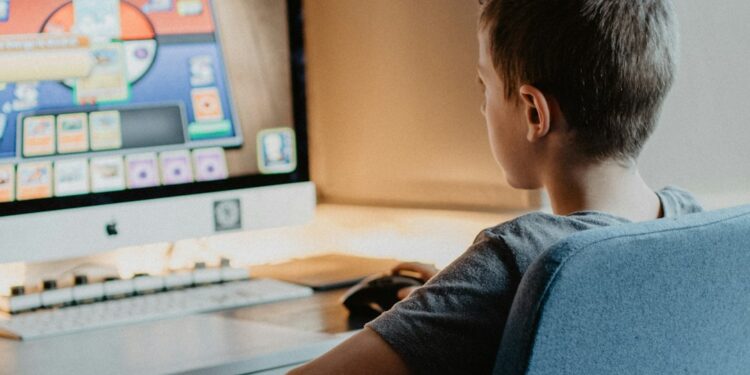Social media has become an integral part of our daily lives, revolutionizing the way we communicate, share information, and connect with others. The impact of social media is felt in almost every aspect of society, including education. From teachers using social media to engage with students to students utilizing it as a learning tool, the influence of social media on education is undeniable.
One of the most significant impacts of social media on education is its ability to enhance communication between teachers, students, and parents. Social media platforms such as Facebook, Twitter, and Instagram allow teachers to easily share updates, assignments, and resources with their students. This instant communication fosters a more dynamic and interactive learning environment, enabling students to stay connected with their teachers even outside of the classroom.
Furthermore, social media provides a platform for students to collaborate and share ideas with their peers. Online study groups and discussion forums allow students to connect with others who may have similar interests or struggles in their coursework. This collaborative learning experience can help students gain new perspectives, solve problems more effectively, and ultimately improve their academic performance.
In addition to facilitating communication and collaboration, social media can also serve as a powerful learning tool. Many educators are incorporating social media into their lesson plans to engage students and make learning more interactive. For example, teachers may use platforms like YouTube to supplement their lectures with educational videos or create interactive quizzes on platforms like Kahoot to assess students’ understanding of the material.
Moreover, social media can provide students with access to a wealth of resources and information that may not be available in traditional classroom settings. Students can follow educational accounts on Twitter, subscribe to educational channels on YouTube, or join online communities related to their field of study to stay informed about the latest developments and trends in their area of interest.
However, it is important to note that while social media has the potential to enhance education, it also presents some challenges. One of the main concerns surrounding the use of social media in education is the issue of distraction. With the constant notifications, updates, and temptations of social media, students may find it difficult to stay focused on their studies. It is crucial for educators to establish guidelines and boundaries for the use of social media in the classroom to ensure that it does not interfere with students’ learning.
Furthermore, the use of social media in education raises privacy and security concerns. Students may inadvertently share sensitive information or engage in inappropriate behavior on social media platforms, putting their personal safety and academic reputation at risk. Educators must educate students about safe and responsible social media use to prevent potential harm or negative consequences.
Despite these challenges, the impact of social media on education remains largely positive. Social media has the potential to revolutionize the way we teach and learn, making education more accessible, engaging, and collaborative. By harnessing the power of social media, educators can create a more interactive and innovative learning experience for students, preparing them for success in a digital age.
In conclusion, the impact of social media on education is undeniable. From facilitating communication and collaboration to providing a wealth of resources and information, social media has the potential to transform the way we teach and learn. While there are challenges and concerns associated with the use of social media in education, the benefits far outweigh the risks. By embracing social media as a tool for learning, educators can create a more dynamic and engaging educational experience for students, preparing them for success in a rapidly evolving digital world.















